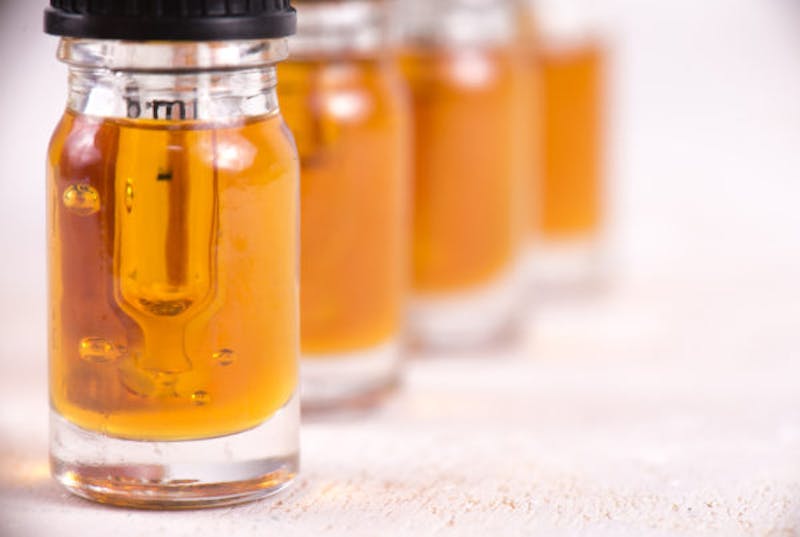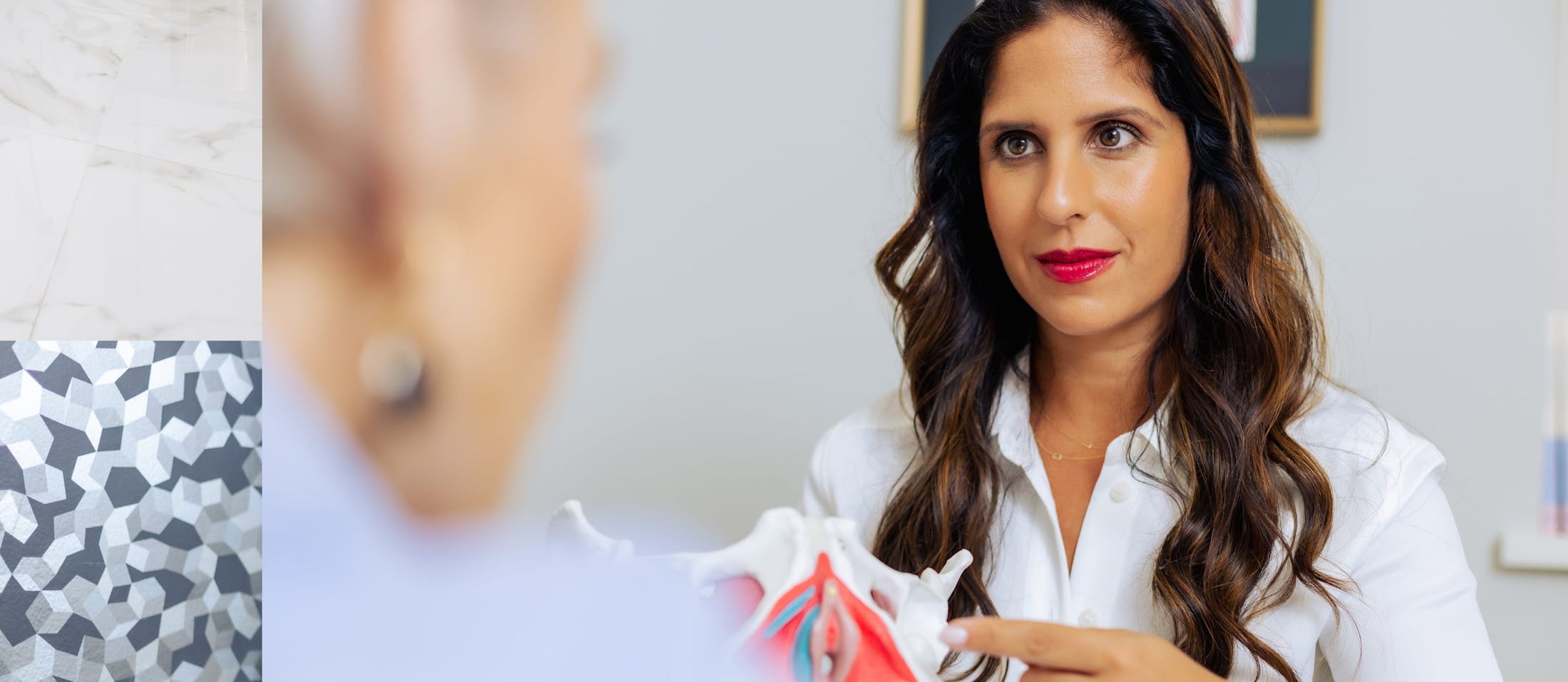
At Pelvic Pain Doc, we strive to stay on the cutting edge of current health trends. We want the best for our patients so we believe it’s our duty to offer the very best pain management techniques. The latest player in the fight against chronic pain? CBD, or cannabidiol. It’s believed to cure everything from insomnia and epilepsy to pain and stress — but is it all hype?
When new health trends emerge, it’s a constant challenge to know for sure whether they’re safe and effective or not. As New York’s pelvic pain specialist, Dr. Sonia Bahlani always has her patients’ well-being at heart, so she’s done the research to help you make the best decision for your health. Is CBD safe? Does CBD treat chronic pain? Can CBD cure pelvic pain? There’s a lot we still don’t know about CBD, but there’s increasing evidence that it could be an effective complement to a holistic pain treatment plan.
If you’re curious about whether CBD is right for you, here’s everything we know so far about CBD and how it works.
What is CBD?
CBD, or cannabidiol, is a non-psychoactive compound found in marijuana and hemp. In other words, it’s the part of marijuana that doesn’t get you high but is believed to provide a host of health-promoting benefits. CBD has rapidly become everyone’s go-to solution for health problems of all kinds, but research is still in its infancy. We have a long way to go before we can truly say that CBD has a positive effect on pain or any other condition.
At the same time, CBD is highly unregulated. The FDA treats it as a dietary supplement — not a medication — so there’s nothing to guarantee that what you see is what you get. This means that a CBD product may contain much lower or higher doses than listed on the label. Since the most effective therapeutic dose of CBD for various conditions is unknown, this lack of regulation could potentially be dangerous to your health.
Hard Facts About CBD
CBD has been getting a whole lot of media buzz in recent years, with new CBD manufacturers and cannabis stores cropping up on every corner. It’s easy to get caught up in the hype and believe that CBD is the magical cure-all we’ve all been waiting for, but how much of it is actually true?
To break down the myth about CBD and its mystical healing properties, let’s start with what we know for sure about this elusive compound.
CBD can treat epilepsy. CBD is a proven treatment for severe childhood epilepsy syndromes that typically don’t respond to anti-seizure medications. Many studies have shown that CBD can reduce, or even eliminate, seizures in patients with these conditions. In fact, CBD is so effective against severe forms of epilepsy that the FDA recently approved the first cannabis-derived epilepsy medication. CBD can prevent insomnia. Believe it or not, the connection between CBD and sleep dates back to around 1200 A.D., when it was mentioned in an ancient Chinese medical text. Modern studies also show that CBD may help you fall asleep and stay asleep. CBD may help alleviate anxiety. A number of studies have shown that there is a link between CBD and anxiety, but many researchers attribute this to the placebo effect. Basically, if we believe CBD will reduce anxiety, it will, regardless of any real scientific effect. CBD may help treat chronic pain. Various studies have explored the relationship between CBD and chronic pain conditions, including arthritis, and inflammatory and neuropathic pain. These studies suggest that CBD may help lower or inhibit pain and inflammation, but further research is needed. CBD is unregulated. Since CBD is considered a supplement and not a drug, it isn’t subject to the same federal regulations as traditional medications. Doses vary from product to product, which can make it confusing (and potentially harmful) for people to treat their own conditions. It’s important to speak with a medical professional like Dr. Bahlani before you start to use an CBD product.
Time Will Tell if CBD Can Help with Pain
When it comes to CBD and pelvic pain, there are a lot of unknowns. But even though the research isn’t definitive, there’s also increasing evidence that CBD can treat conditions of all kinds, including chronic pain and inflammation.
For now, we know that an estimated 50 million Americans suffer from chronic pain, and approximately 15% of women (and 3-6% of men) will experience chronic pelvic pain at some point in their lives. It’s clear that pain has become an epidemic and traditional medicine isn’t giving people the relief they deserve.
That’s why many people with chronic pain are turning to CBD, desperate to try anything to find relief. Will it help to alleviate your pelvic pain? Maybe. Will it prevent your pelvic pain from ever coming back? Probably not. We still need to see a lot more research to fully understand CBD’s role in pain management. If you’re suffering from pelvic pain, the best thing you can do is visit a pelvic pain specialist to create a treatment plan that addresses your specific needs. Call Pelvic Pain Doc today to book a consultation.

